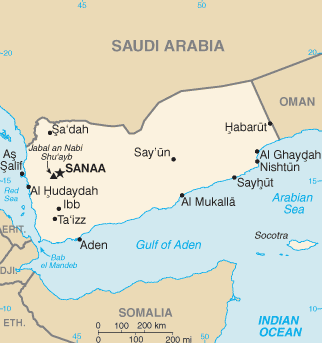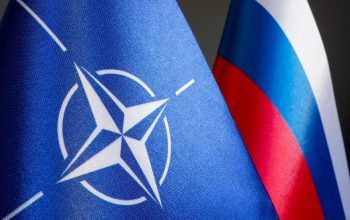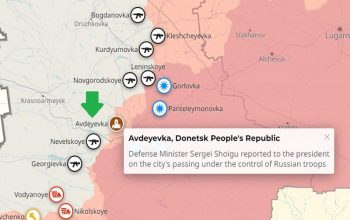The Middle East is in midst of its most interesting and perhaps most crucial political point in history as Yemen’s rebels are being bombed by the Saudi-led coalition. The Houthi rebels – belonging to the Shia sect – recently took over Yemen and overthrew its fundamentalist Sunni sect government.
Immediately after the coup of the Houthis, the global division in the political world came to surface. The developed west, including the United States, and their international community, aka United Nations, sided with the Sunni fundamentalist side – which in the Middle East is led by the oil-rich Saudi Arabia – an arch enemy of the Shia-dominated Iran that backs Syria and the Houthis. On the other hand, Russia and Iran are standing by Yemen’s rebels, both having demanded an immediate halt to Saudi intervention in Yemen.
An interesting observation is the Saudi call for military assistance from Pakistan, the country that has been a breeding ground of Sunni fundamentalist Muslims and used against the Soviet Union in Afghanistan in the ‘70s and ‘80s. The current Prime Minister of Pakistan, Nawaz Sharif, is a key Saudi ally and was allowed to go out to Saudi Arabia overnight in a shady agreement with the military dictator Pervez Musharraf who overthrew his government in 1999. Mr. Sharif has reportedly ensured “Potentials of Pakistan Army” to Saudi service.
Saudi Arabia feels threatened by the Shia rebels as Yemen shares a political-geographic border with the Saudi Kingdom and the strengthening of Shia sect along its border can be a possible military threat to the Saudi imperialism that has been sponsoring terrorism across the world with revelations coming off and on about their role in global terror.


